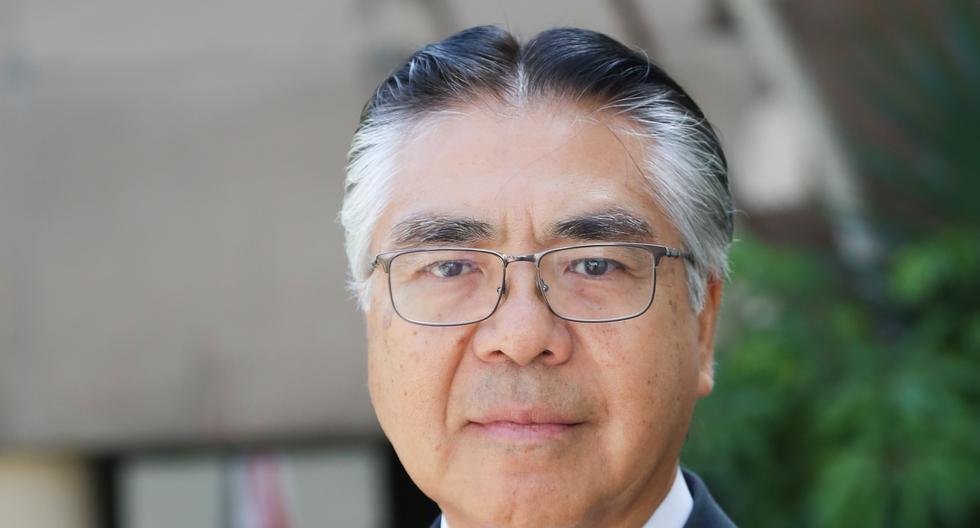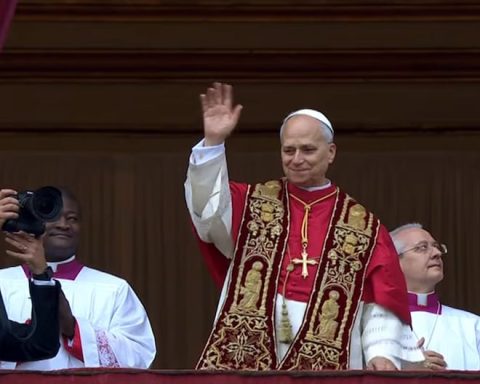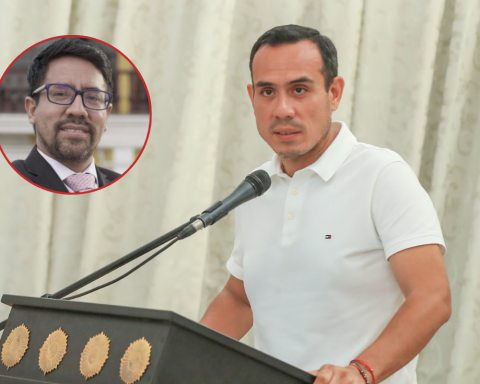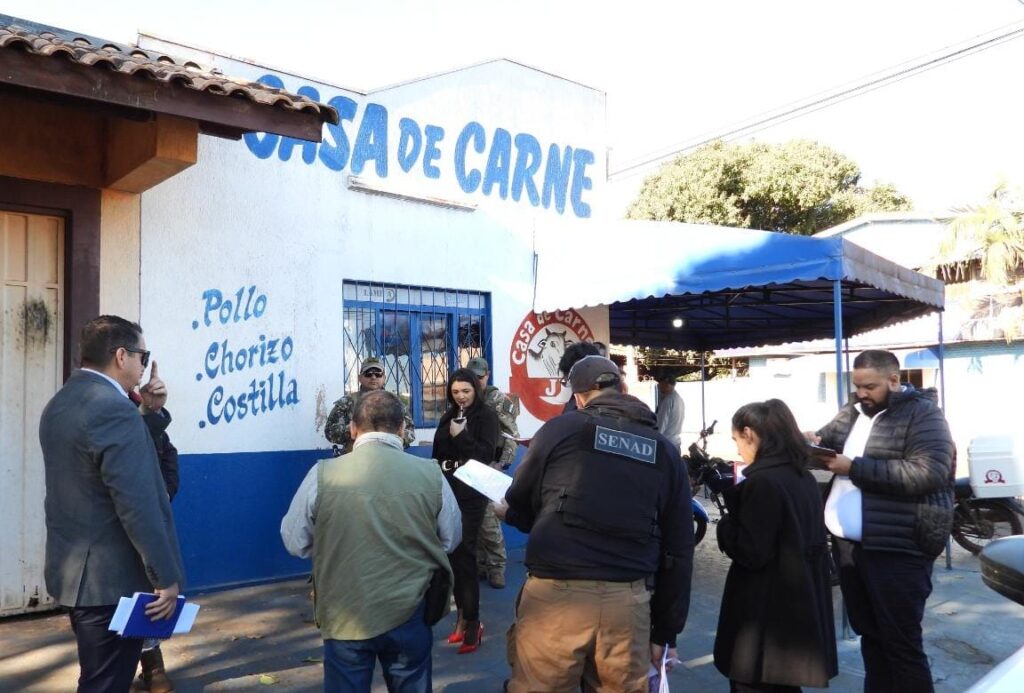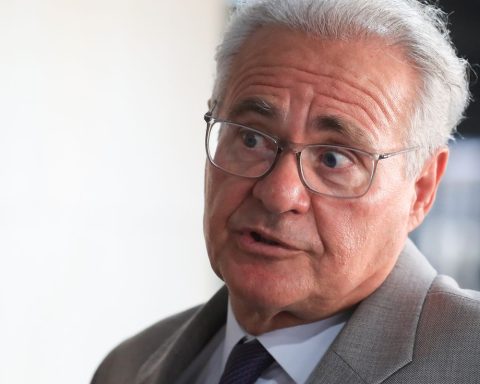The new economy minister recently met with representatives of business associations. What was his opinion?
It was basically a presentation meeting and to express his good desire to seek that private investment resume the growth that it has not had for a long time. However, I must say that this worries us, since the minister’s good intentions are not necessarily going to be implemented, seeing the contradictory attitude of the president and his prime minister. So, we see there that there is no coherence between a call for private investment and, on the other hand, this confrontational language that we hear.
The minister announced an economic reactivation plan. Did you give them insights about it?
It has been a common thing. I understand that after that he will be calling the unions so that each one makes their proposals. We have clear proposals in our book Peru regions by 2031, with the development of industrial policies in our sector. However, the issue is about how to generate private investment, which the president already said in his speech: we are at 0% growth and we are going to end the year in negative. Maybe -2% or -3%.
What kind of signals does Minister Burneo have to give to generate greater confidence in the private sector?
There is a starting point that would give a good signal to the business sector: it is to intervene in the decision of the Executive and repeal these two supreme decrees, issued by the Ministry of Labor, which are greatly affecting labor formality in our country. And I am talking about Supreme Decree 001 (which limits labor outsourcing) and Supreme Decree 014 (which modifies the regulations on collective labor relations), which did not go through the National Labor Council and which, far from promoting labor formality in the Peru that we are all demanding, rather does the opposite. We understand from a good source that it was the Ministry of Economy (in the period of Oscar Graham) who opposed the issuance of these two supreme decrees. However, it still came out.
It was said that Graham’s departure from the MEF would have responded to the ‘discomfort’ that he would have caused by opposing certain initiatives. Do you think that Burneo will be able to oppose it without this meaning his departure?
I would ask myself if I were a minister and had to take that action if I would stay in a government that does not understand that it needs to give clear signals to the private sector for investment. There is a theme here that, just as Graham had the courage to maintain certain standards within the economy and that he managed to keep this from going too far, Mr. Burneo has the same responsibility (…). This is a national issue, who produces the national wealth? We are the private ones and, therefore, a State without private investment is simply destined to decrease and that should not be the future of our country.
Former Labor Minister Betty Chavez has returned to the cabinet in another portfolio. Is there a risk that she could influence what is decided in labor matters?
I think we have the evidence to ensure that there is a plan in place and they have a path and a future of actions that tell us that there is a hard line on the part of the Ministry of Labor in the implementation of these labor measures. I believe that the presence of Betssy Chávez in the new cabinet is to ensure the continuity of this Agenda 19. And what we are demanding from the new Minister of Labor is that he cut with this type of actions that his predecessors had.
What impact do you foresee for the industry from these two supreme decrees?
This is what really impacts the micro, small and medium entrepreneurs and more so the micro and small ones, because they have been sentenced to separate them from their work when it is said ‘you cannot contract with large companies’, because outsourcing is no longer to give.
What is the expectation of employment generation for this year in the industry?
This year we are not very optimistic. We would be in a similar position to 2019 (0% compared to the pre-pandemic).
What outlook is forecast for private investment in the industry?
Today’s photo tells us that we can close at -3% compared to the previous year. And I want to take the opportunity to add another topic. We are implementing a project that we are developing in the SNI, which is Alimenta Peru. It is a program where the church is getting together, through Caritas; the academy, through the Universidad del Pacífico; and us to bring sustainability to common pots. We want that in a year of training, of developing business models, they can, throughout a year, be self-sustaining. We are doing the pilot plan in San Juan de Lurigancho and it is most likely that on the 26th or 27th of this month we will be launching it as a program.
RECOMMENDED VIDEO
:quality(75)/cdn.jwplayer.com/v2/media/hKKvRuYq/poster.jpg)
